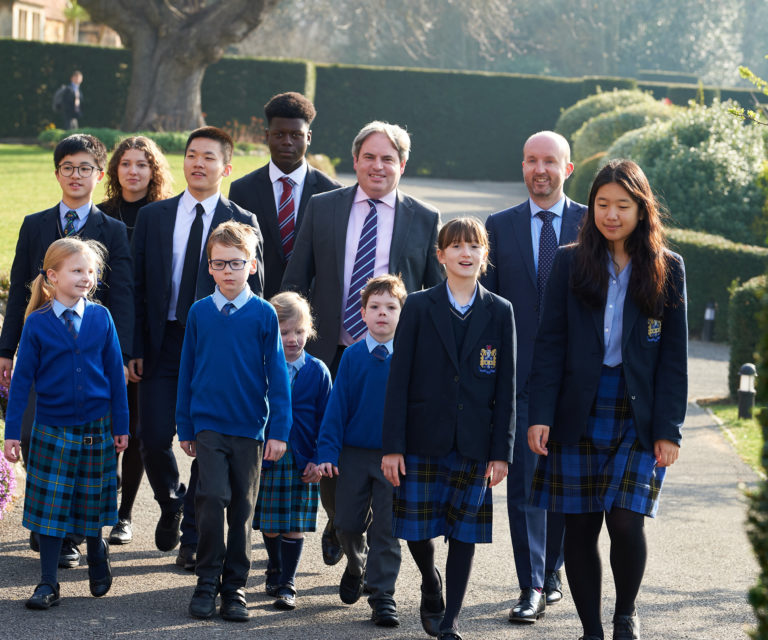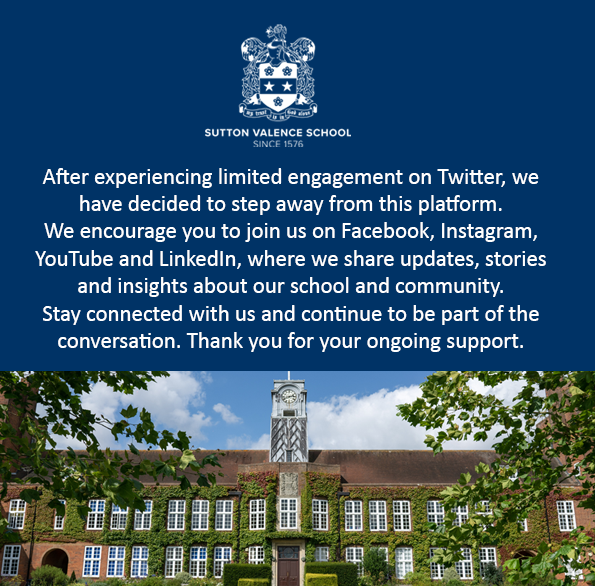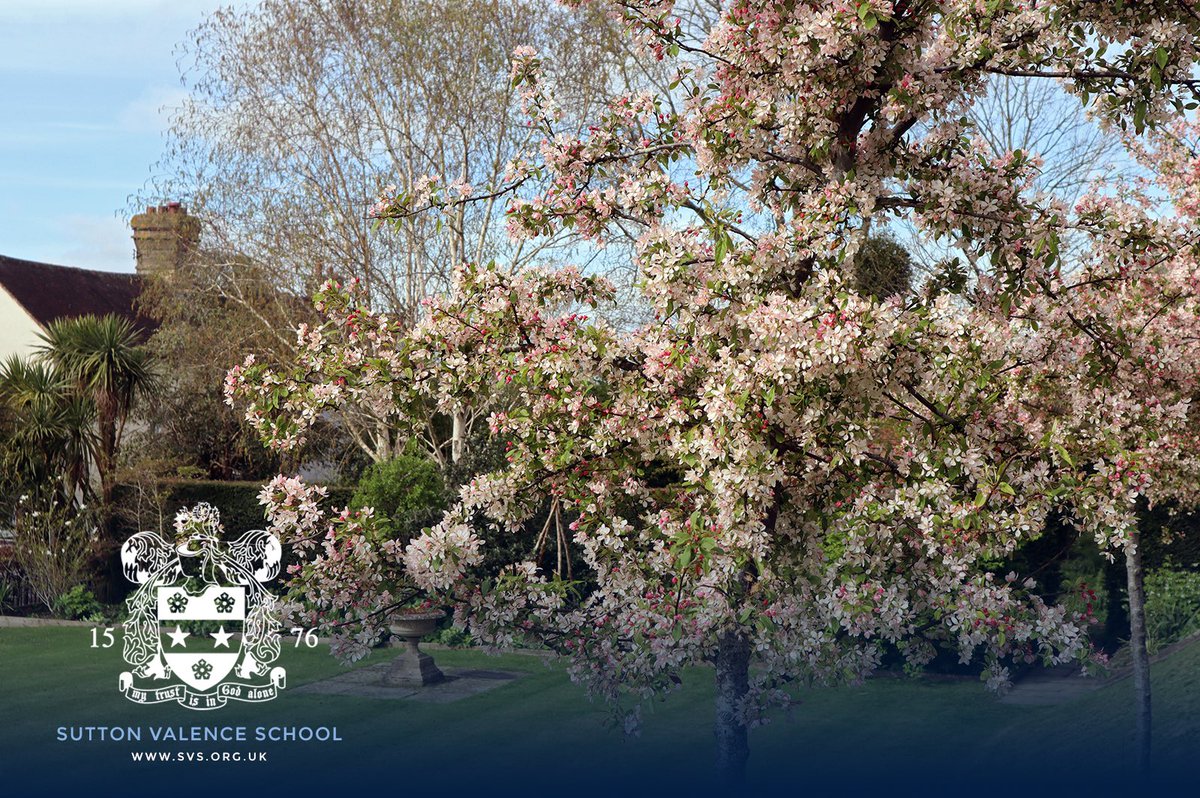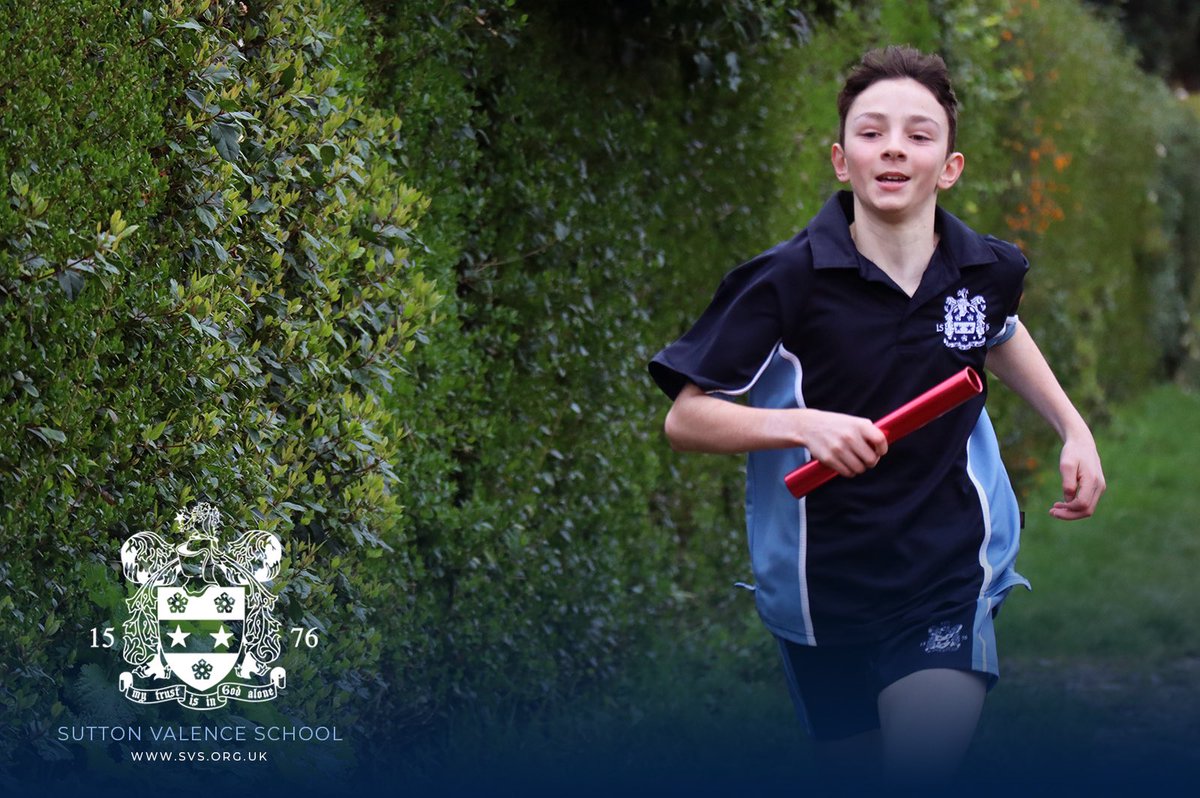As romantic as it is mathematical, the ‘butterfly effect’ theory can be found in all areas of life. The ‘butterfly effect’ is so called because if enough butterflies whirr their wings in the Amazonian rainforest, a tornado can be unleashed hundreds of miles away. Of course, this would not happen every time, but sometimes, if the climate and conditions are right, who knows what can happen?
Within education, this theory has been promoted by Sir Tim Brighouse. He encourages educationalists to share their best ideas, recognising that some of these ideas are very simple, yet very powerful and most appealing; that they should be interventions that require minimum change but with a very high impact. At SVPS, we have been focusing on our questioning skills and fluttering our educationalist wings, generating our own classroom tornados and whirlwinds…
As teachers, we are constantly practising and experimenting with different approaches; always keen to enhance the learning opportunities for the pupils in our care. We understand that highly effective, skilled questioning will have a significant impact in the classroom. I have been experimenting with the ‘Pose, Pause, Pounce, Bounce’ technique, or PPPB as it is known, in my Year 6 English and Mathematics lessons this term.
This is a very simple strategy, but one that needs practice and teacher discipline (first big challenge for me!). It took a while for the pupils in my lessons to get used to the technique and it was very important for me to explain why and how it was going to be used.
First comes ‘Pose’ (this doesn’t mean a Raphaelite painting stance) where I remind the pupils that we are adopting a ‘no hands up’ policy for the lesson. I pose a question or a series of questions, then encourage the children to remain reflective.
‘Pause’ follows on from this initial posing of a question. This is the hard part. Here, I ask the pupils to hold the thought -think and then think again. If they appear totally engrossed and engaged, I might hold the silence for a little longer and push the boundaries of reflection.
‘Pounce’ – I ‘pounce’ on a pupil, asking them what they think the answer might be. This pounce stage requires a healthy atmosphere of mutual trust, where making mistakes is regarded as vital to learning and efforts are rewarded, rather than just results. I wait for an answer… pause and decipher, supporting the child to voice their ideas. They answer and, as the teacher, I acknowledge their contribution. This is where the fun starts (because fun and learning go hand in hand) and it’s time to…
‘BOUNCE!’ – I immediately ask another pupil after the ‘pounce’ response, their opinion of the previous pupil’s answer. This ‘bouncing’ can continue as ideas ripple through a class, gaining momentum. Sometimes, I swap ‘bounce’ for ‘dig deeper (DD)’ where my role as a teacher is to stretch and challenge a pupil to justify or explain their answer in more detail, usually if they are correct.
PPPB or PPPDD has proven itself to be a simple, but very exciting, fun and innovative tool to use in our lessons to help promote Higher Order Thinking Skills (HOTS) which is something that all teachers at SVPS are working hard to promote and enhance. Changing the way we pose and respond to questions, in turn changes the way that children think and process. For example, when contemplating the personality of the main character in our Year 6 English text, Edward Tulane, I initially thought about asking the question, ‘was Edward Tulane kind?’ but I changed my mind, and up-levelled this to a HOTS question instead, ‘how kind was Edward Tulane?’. This open-ended question ‘bounced’ around my English set, with sparks of heated and energised debate ensuing.
As teachers, we value having opportunities to learn and explore new techniques to use in the classroom to enhance the learning experiences of the children in our care. If a child’s learning is both fun and challenging, then it is quite simply as beautiful and precious as the translucent, gossamer wings of a butterfly. Here at SVPS, we aim to nurture our ‘butterflies’ so that they can fly high in the future, reaching new heights.
Mrs Rachel Harrison





